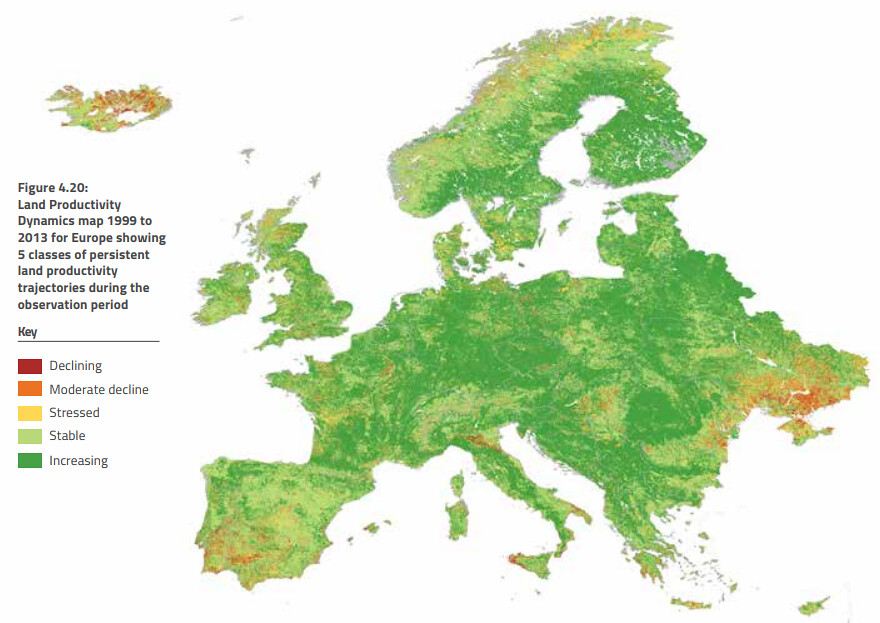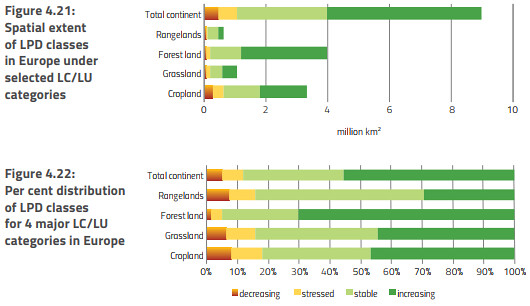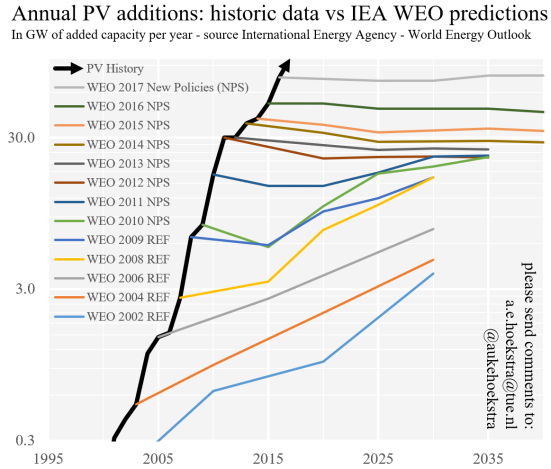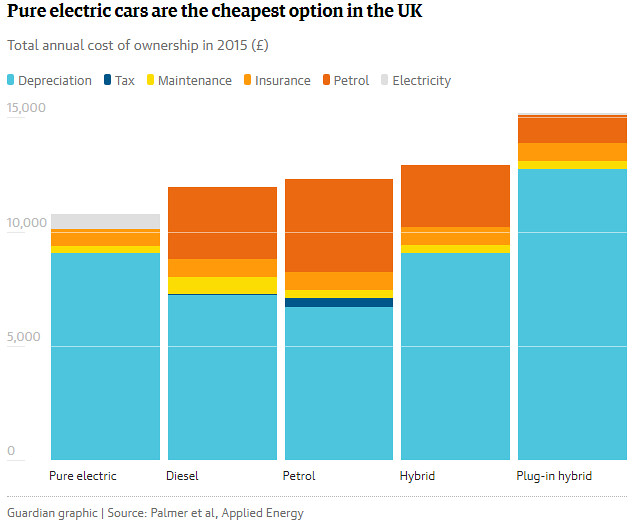 Lord Adonis has resigned, almost quoting Burke: people will not look forwards to posterity who do not look backwards to their ancestors. Sadly, the man ain't got no culture: it should be "forward", not "forwards". Tch, youth nowadays. LA was Chair of the independent National Infrastructure Commission, and therefore not only in favour of but actively pushing HS2, and is therefore an idiot, so we should not take his opinions too seriously.
Lord Adonis has resigned, almost quoting Burke: people will not look forwards to posterity who do not look backwards to their ancestors. Sadly, the man ain't got no culture: it should be "forward", not "forwards". Tch, youth nowadays. LA was Chair of the independent National Infrastructure Commission, and therefore not only in favour of but actively pushing HS2, and is therefore an idiot, so we should not take his opinions too seriously.The interesting problem is, what does the quote mean? The question is asked and (IMO incorrectly) answered at englishforums.com: If you are not interested in your ancestors, you will not expect future generations to be interested in you when you are dead. This answer doesn't really make any sense; or is no clearer than the original.
To understand what Burke meant, it probably helps to know that "in the twentieth century he became widely regarded as the philosophical founder of modern conservatism" (quotes are from wiki; don't get the idea I know anything about Burke). This makes him an odd source for a Labour peer, but the devil can cite scripture for his purpose. Perhaps a quote is in order:
Again and again, revert to your old principles—seek peace and ensue it; leave America, if she has taxable matter in her, to tax herself. I am not here going into the distinctions of rights, nor attempting to mark their boundaries. I do not enter into these metaphysical distinctions; I hate the very sound of them. Leave the Americans as they anciently stood, and these distinctions, born of our unhappy contest, will die along with it... Be content to bind America by laws of trade; you have always done it... Do not burthen them with taxes... But if intemperately, unwisely, fatally, you sophisticate and poison the very source of government by urging subtle deductions, and consequences odious to those you govern, from the unlimited and illimitable nature of supreme sovereignty, you will teach them by these means to call that sovereignty itself in question... If that sovereignty and their freedom cannot be reconciled, which will they take? They will cast your sovereignty in your face. No body of men will be argued into slavery.Burke is a small-c-conservative: opposed to revolution (indeed Reflections on the Revolution in France is helpful), focused on the practicality of solutions instead of the metaphysics, writing "What is the use of discussing a man's abstract right to food or to medicine? The question is upon the method of procuring and administering them. In this deliberation I shall always advise to call in the aid of the farmer and the physician, rather than the professor".
So Burke is not advising people to be "interested" in their ancestors, in any historical or theoretical sense. He wants people to adopt, continue, know the living breathing traditions of their ancestors. It is a desire for a "common law" approach, rather than a legislative approach. It is analogous to Hayek's scepticism of central planning, and in favour of incremental change. LA is, of course, a central planner. Perhaps he was quoting Burke ironically?
But enough of this, what would Burke have thought of Brexit? I don't know, of course, but that won't stop me making something up. The most facile response would be that he would oppose the massive change it represents. But then again, he was for thinking in the long term, so might have regarded our brief membership of the EU as an anomaly to be reversed; he would have probably opposed Brentry in the first place.
Refs
* Should we care about the world after 2100?
* My idiot sons could run this country better than you, Queen tells May
* The White Witch as Tragic Figure
* Open science and science communication at #EGU18, the European Geophysical Union General Assembly - VV. Quote: I hope that at least outside of Anglo-America it is uncontroversial for scientists to inform the public and policy makers of their findings... When it goes further, trying to convince people of certain solutions, please let go of your saviour complex, you will mostly like not achieve much. The way scientists are trained to think and communicate works well for science, but it is not particularly convincing outside of it. The chance you are good at convincing people is not much better than the chance of some random dude or grandma down the road.
* On diversity of preferences - CH; Lawyer Reasoning Differs from Economist Reasoning - ditto.
* The idiots can’t even see their own contradictions - Timmy on fb and progressives.
* Eli on Catastrophe bonds.
* So You Want to Live in a Free Society (1): What Hayek Saw

 [This is a direct copy of my
[This is a direct copy of my 









